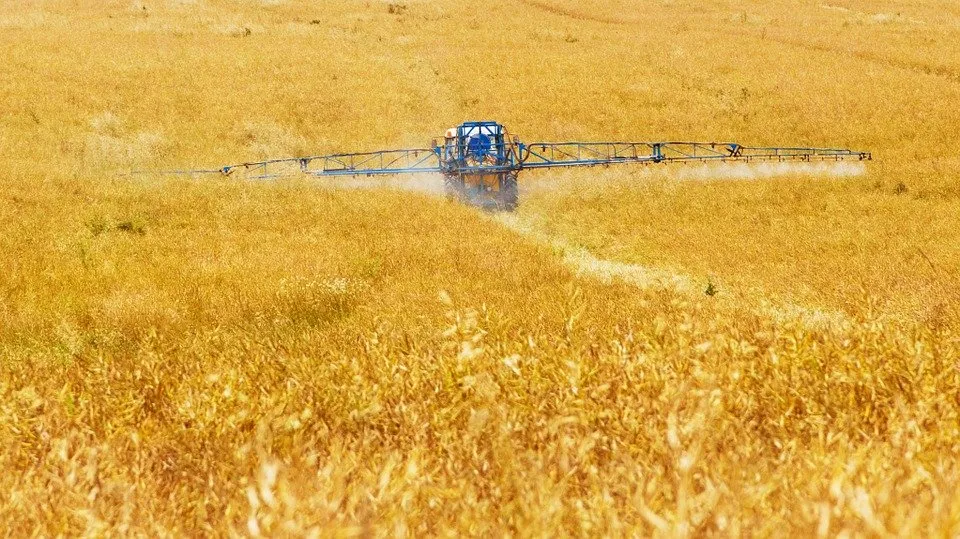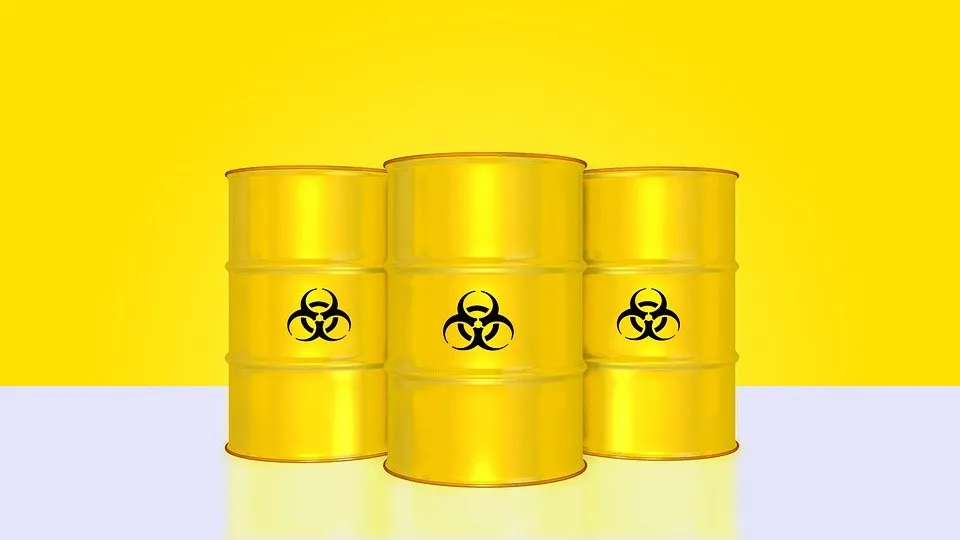This week saw the headline "California says key ingredient in Roundup weed killer can cause cancer". Roundup, the chemical Glyphosate, is a poison. It is the most widely used pesticide by volume in the world. A study in 2014 noted that enough roundup was sprayed by farmers in the U.S. to apply nearly a pound by weight to every acre of farmland in the country. This means even eating organic is proving difficult to avoid exposure to the toxicity of Roundup. I have never been a believer that roundup just hurts weeds and magically disappears. And California and I aren't the only ones who feel this way.

This recent move for California to add Roundup to it's list of carcinogenic chemicals stems from a report from the International Agency for Research on Cancer (IARC) who independently gathers health data for the World Health Organization (WHO). The report declared "glyphosate is a probable human carcinogen” in 2015. Yes two years ago. And it isn't just the risk to human health that concerns scientists, it is the health of The Earth as well. Because as I said, it doesn't just magically disappear.

Monsanto is a $50 billion dollar company and they aren't going down in California without a fight.
This is a quote from roundup.com
"Remember — glyphosate, the primary active ingredient* in our products, won’t move through the soil to plants you want to keep."
But this real life experiment with corn and radish's disproves Roundup's claim:
"Showed retarded growth...came up, but leaves were small, fried at edges, and curved in...did not sprout..."
(http://valoratree.net/RoundupExperiment.pdf)
Monsanto! Did you think we didn't want to keep the corn and radish's? This is a good experiment because corn is one of the top three highest produced plant foods in the world. Not only are people eating corn, but farmed animals are living off of corn as well.